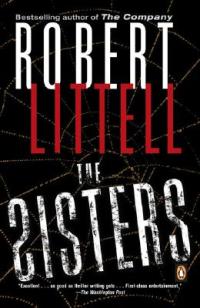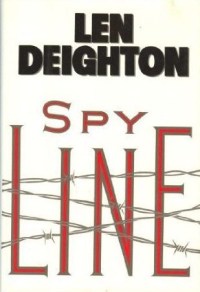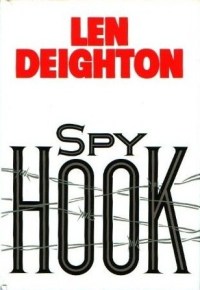Spy Sinker by Len Deighton
 Saturday, December 4, 2010 at 11:21PM
Saturday, December 4, 2010 at 11:21PM 
Published by HarperCollins in September 1990
Spy Sinker retells the Samson saga (as developed in the Game, Set, and Match trilogy and in the first two books of the Hook, Line, and Sinker trilogy) from the points of view of players other than Samson: notably his wife Fiona, the bombastic fellow agent Bret Rensselaer, the Director General Henry Clevemore, and the power behind the scenes, Silas Gaunt. Most of the novel centers on the Game, Set and Match time frame. It fills in gaps and provides additional insight into Fiona, but unlike the other novels, this one is more expository, more telling than showing.
Spy Sinker is essential if you've read the other five for the clarifying background it provides and for tying up loose ends (and maybe even for making sense of the whole thing, because trying to keep information straight that develops over the course of five books is challenging: this novel acts as an outline of prior events). As a stand-alone, however, it's a bit more of a yawner than other books in the series, and certainly a spoiler if you don't save it for last. Its main interest derives from the insight it provides into characters you've grown to know (and to like or dislike, depending on the character) over the course of the first five books.
RECOMMENDED
 TChris |
TChris |  Post a Comment |
Post a Comment |  Len Deighton,
Len Deighton,  spy in
spy in  Thriller
Thriller 


